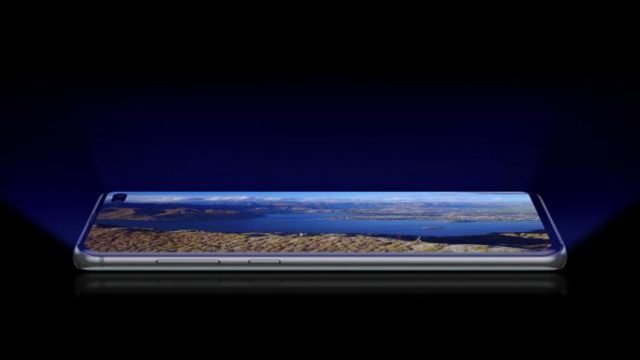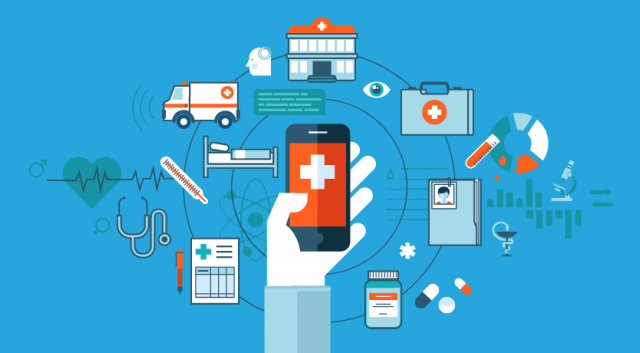iPaulina

Is Your iPhone Killing You?
The danger of all the devices we can’t live withoutA lot of people know that blue light - the light emitted by electronic devices - is bad for us. Studies have shown that looking at any device that gives off this notorious light two hours before bedtime, be it a phone or a kindle fire, makes it difficult for us to sleep.
But what if blue light is worse than what we think it is? What if it’s shortening our lifespan?
Research has proven that the blue light wavelengths made by light-emitting devices actually damage brain cells. A study conducted at Oregon State university used the common fruit fly to conduct this experiment. A set of flies were kept in blue light for twelve hours – they lived a considerably shorter time than another set of flies kept in total darkness, or even those which had been kept in a light, in which blue light had been filtered out. Also, the blue light impaired the flies’ ability to move, as they couldn’t climb the walls of their enclosure – a normal behavior for flies.
Furthermore, research indicates that simply being exposed to blue light (without looking at it) can cause extreme damage. Some fruit flies are born without eyes. In the Oregon study even the blind flies were affected by the blue light. This means that not only looking at a blue-light emitting screen excessively may cause damage to the retina, but also being hit by wavelengths on any part of the body is dangerous. This is bad news for all of us who use computers, laptops or iPads for most of the day.
Fruit flies have a generic anatomy that is similar to humans and animals. However, given the choice, fruit flies avoid light, whereas humans use blue-light emitting devices like computers and phones every day, at home, at school and at work.
To be protected from blue light, scientists recommend that people adjust the blue light on their phones, or even wear eyeglasses with amber-tinted lens.
Anika LV







